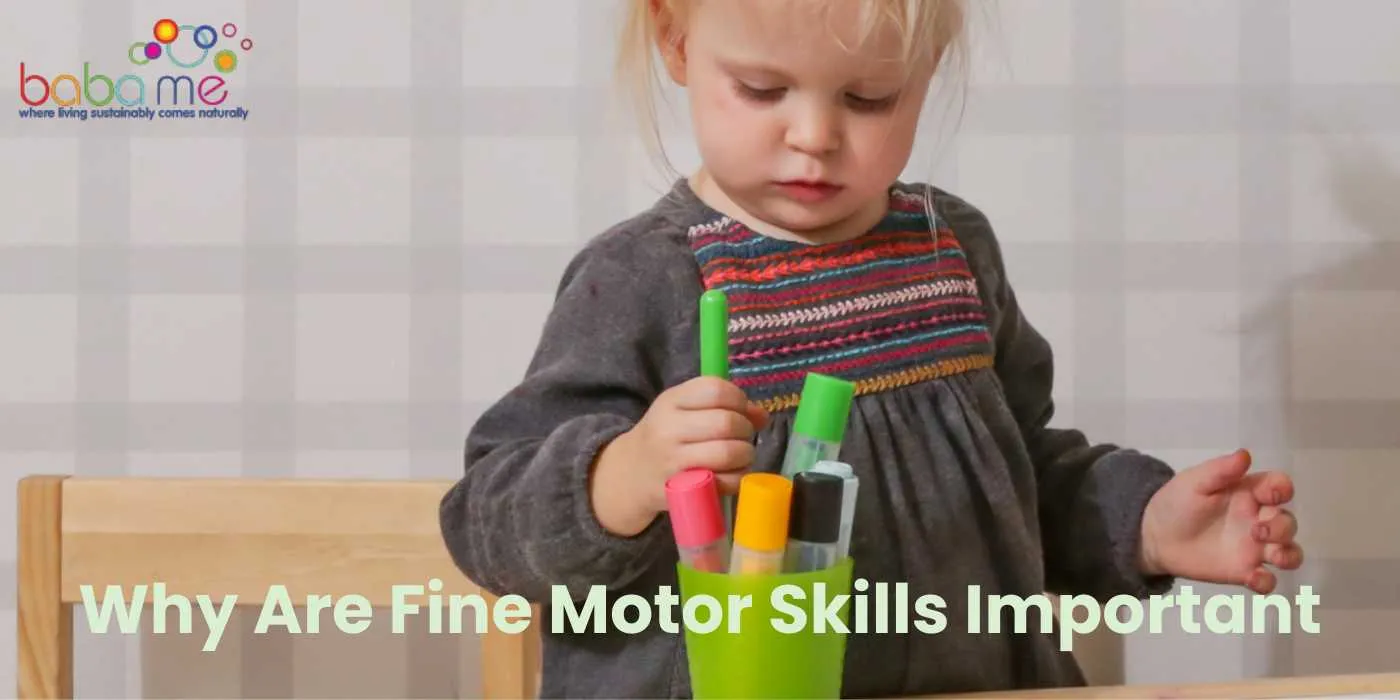From holding a pencil to buttoning a shirt, fine motor skills play a crucial role in our daily lives. These skills involve the use of small muscle groups, particularly in the hands and fingers, and are essential for performing a wide variety of tasks.
But, why are they so important in the realm of child development?
Join us as we delve deeper into the importance of fine motor skills, and learn how they shape your child’s future.
Both fine and gross motor skills are important for toddlers to develop, as they lay the foundation for more complex movements and activities later in life. By providing opportunities for your child to practice these skills through play and everyday activities, you can help them build a strong foundation for success in school and beyond.
Key Takeaways
Fine motor skills are essential for daily activities such as eating, dressing, and writing.
Fine motor skills play a crucial role in cognitive development and learning.
Developing fine motor control is a gradual process that begins in infancy and continues through childhood.
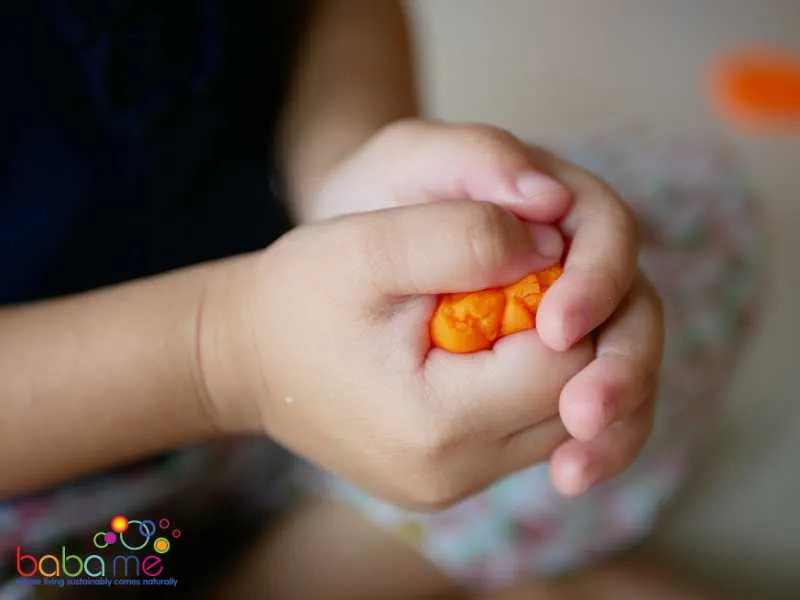
The Importance of Fine Motor Skills in Toddlers
As a parent, you may be wondering how important fine motor skills actually are. Fine motor skills are essential for your child’s overall development, and fine motor development plays a crucial role in their ability to perform everyday tasks.
Fine motor skills involve the use of small muscles in the hands and fingers, and they are necessary for tasks such as holding a pencil, buttoning a shirt, or tying shoes. Developing these skills in toddlers is essential as it helps them to become more independent and confident in their abilities.
Fine motor skills are also crucial for cognitive development. Research has shown that children who have well-developed fine motor skills perform better in school and have better cognitive abilities than those who don’t.
One way to strengthen fine motor skills is through play. Activities such as playing with playdough, stringing beads, and building with blocks can help to strengthen the small muscles in their hands and fingers.
It’s also essential to provide your toddler with opportunities to practice their fine motor skills during daily routines. Encourage them to help with tasks such as pouring their own drink, using a spoon, or brushing their teeth.
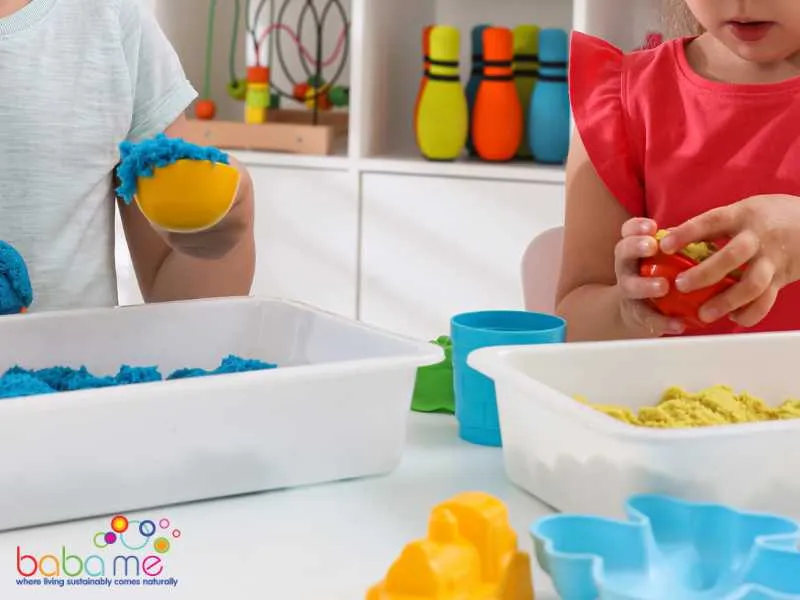
Role of Fine Motor Skills in Physical Development
Strengthening fine motor skills involves the use of small muscles in the hands, fingers, and wrists, and they play a crucial role in movement, strength, coordination, and control. Here are some ways in which fine motor skills impact physical development in toddlers:
Movement
Fine motor skills enable toddlers to perform various movements that require precision and control. For instance, they need to use their fingers and hands to pick up small objects, hold a crayon or pencil, and turn the pages of a book.
These movements require hand-eye coordination and a high level of dexterity, which can be developed through regular practice.
Strength
Fine motor skills also help toddlers develop the strength they need for various activities. For example, they need to have strong hand muscles to grip objects tightly, such as a fork or spoon, or to hold a pencil or paintbrush firmly.
By practicing fine motor skills, toddlers can improve their grip strength, which can help them perform better in other physical activities.
Coordination
Fine motor skills require a high level of coordination between the eyes and hands. Toddlers need to be able to see an object, judge its distance, and then reach out and grab it. They also need to be able to coordinate their hand and finger movements to perform tasks such as buttoning a shirt or tying shoelaces.
By practicing fine motor skills, toddlers can improve their hand-eye coordination, which can help them in various physical activities.
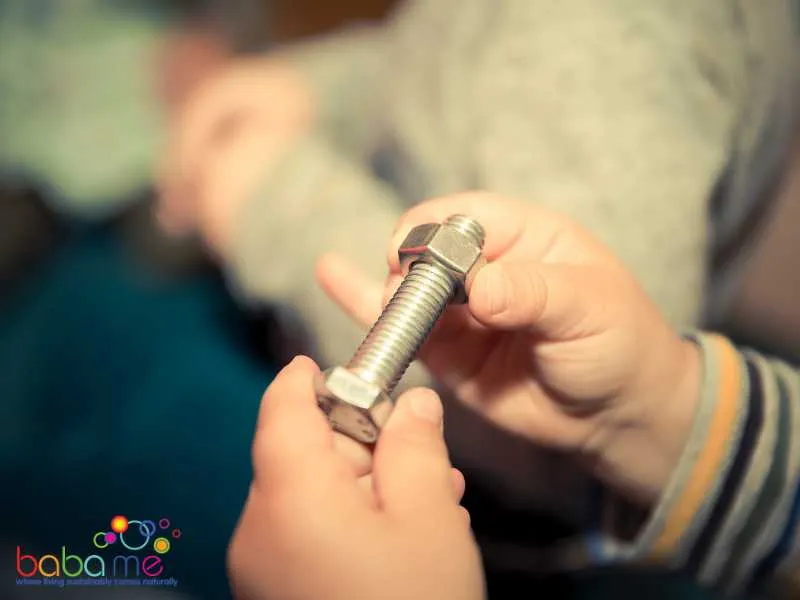
Control
Fine motor skills also require a high level of control over the movements of the hands and fingers. Toddlers need to be able to perform tasks such as drawing or painting with precision and accuracy. They also need to be able to control the pressure they apply to objects, such as when using scissors or squeezing a ball.
By practicing fine motor skills, toddlers can improve their control over their hand and finger movements, which can help them in various physical activities.
Fine Motor Skill Milestones
Here is a simple outline of fine motor skills milestones that you can expect for children up to age 5:
| Age Group | Fine Motor Skill Milestones |
|---|---|
| 0-6 months | Grasps objects placed in hand, moves hands to mouth, starts to use raking grasp |
| 6-12 months | Starts to use pincer grasp, transfers objects from one hand to the other, feeds self with fingers |
| 1-2 years | Builds tower of four blocks, scribbles, turns pages in a book one at a time |
| 2-3 years | Builds tower of more than six blocks, draws circles and lines, begins to use child-sized utensils |
| 3-4 years | Cuts with scissors, copies a cross shape, draws a person with 2-4 body parts, manages buttons and small objects easily |
| 4-5 years | Copies a square and triangle, draws a person with more than six body parts, writes some letters and numbers |
How Fine Motor Skills Influence Learning
Fine motor skills play a crucial role in a toddler’s learning and development. Having good fine motor skills are essential for many daily activities, such as writing, drawing, and self-care tasks.
Writing
Writing is a fundamental skill that children learn in school. Fine motor skills are necessary for holding and controlling a pencil or pen, forming letters and numbers, and writing words and sentences. Without adequate fine motor skills, a child may struggle to write legibly and efficiently, which can affect their academic performance.
Drawing
Drawing is an excellent way for toddlers to express their creativity and develop their fine motor skills. Fine motor skills are essential to control drawing tools such as a crayon or marker, making lines and shapes, and coloring within the lines. Drawing helps children develop their hand-eye coordination, spatial awareness, and concentration, all of which are essential for learning.
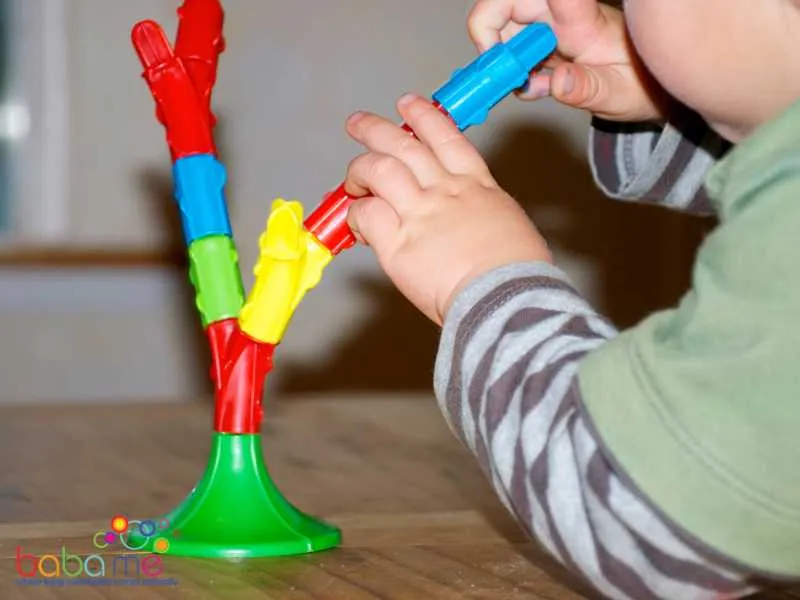
Academic Success
Fine motor activities are a crucial factor in a child’s academic success and overall child development. Studies have shown that children with better fine motor skills perform better in math and reading, have better handwriting, and are more likely to succeed in school. These skills also help children develop their problem-solving and critical thinking skills, which are essential for academic success.
Learning
Fine motor skills are essential for many learning activities, such as cutting, pasting, and manipulating small objects. These skills help children develop their hand-eye coordination, spatial awareness, and attention to detail, which are all essential for learning. Fine motor skills also help children develop their independence, self-confidence, and sense of accomplishment, all of which are crucial for their overall development.
Fine Motor Skills and Self-Care Tasks
Many fine motor skills are crucial for toddlers to develop as they prepare for self-care tasks. These skills enable your child to perform basic daily activities that require hand-eye coordination, finger dexterity, and muscle strength. When your child has well-developed fine motor skills, they can perform self-care tasks with ease and independence.
Self-Care
Self-care is an essential aspect of a toddler’s life that helps them learn to take care of themselves and build confidence. Fine motor skills play a crucial role in self-care tasks such as feeding, dressing, toileting, and washing hands. For example, when your child has developed fine motor skills, they can use utensils to feed themselves, button and zip their clothes, and use the toilet independently.
Feeding
Fine motor skills are important for feeding as they enable your child to hold utensils and bring food to their mouth. When your child has well-developed fine motor skills, they can use utensils to feed themselves and develop independence in eating.
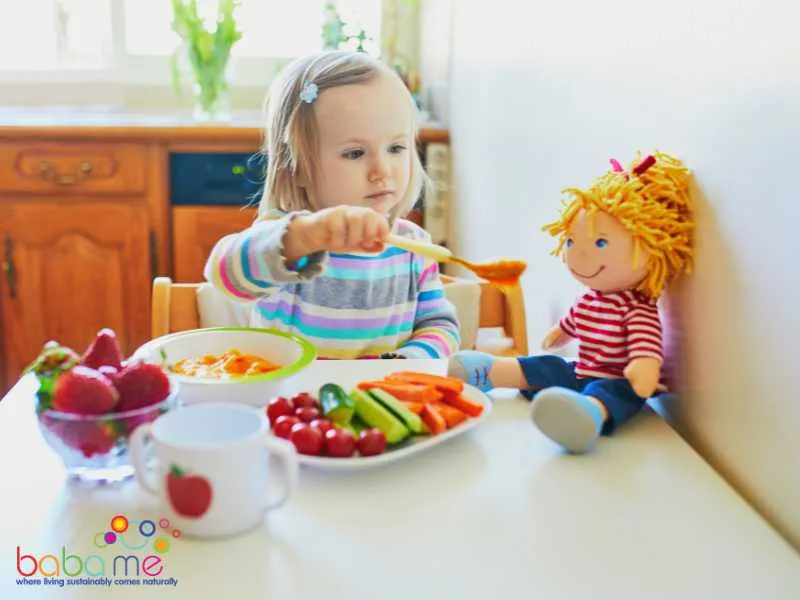
Dressing
Fine motor skills are also important for dressing as they enable your child to manipulate clothing items such as buttons, zippers, and snaps. When your child has well-developed fine motor skills, they can dress themselves with ease, which builds confidence and independence.
Toilet
Fine motor skills are crucial for toilet training as they enable your child to manipulate clothing and toilet paper. When your child has well-developed fine motor skills, they can use the toilet independently, which is a significant milestone in their development.
Washing Hands
Fine motor skills are also important for washing hands as they enable your child to manipulate soap and water. When your child has well-developed fine motor skills, they can wash their hands independently, which is an essential aspect of hygiene.
Brushing Teeth and Hair
Fine motor skills are crucial for brushing teeth and hair as they enable your child to manipulate the toothbrush and comb. When your child has well-developed fine motor skills, they can brush their teeth and hair independently, which builds confidence and independence.

The Connection Between Fine Motor Skills and Play Activities
Play activities are crucial for the development of fine motor skills in toddlers. These activities provide children with the opportunity to practice and refine their hand-eye coordination, finger dexterity, and overall motor control. By engaging in play activities, toddlers can develop the necessary skills to perform everyday tasks such as buttoning a shirt, tying their shoes, and using utensils.
Toys such as blocks, puzzles, and play dough are great tools for developing fine motor skills. Building with blocks requires the use of hand-eye coordination and the manipulation of small objects. Puzzles also require the manipulation of small pieces, which helps develop finger dexterity and hand strength. Play dough provides a tactile experience that encourages children to use their fingers and hands in a variety of ways, such as rolling, pinching, and squeezing.
Crayons and beads are also excellent tools for developing fine motor skills. Drawing and coloring with crayons requires the use of fine motor skills, as children must grip the crayon and manipulate it to create their artwork. Beading activities require the use of hand-eye coordination and the manipulation of small objects, which helps develop finger dexterity and hand strength.
It is important to note that not all play activities are created equal when it comes to fine motor skill development. Activities that require more precision and manipulation of small objects are generally better for developing fine motor skills. It is also important to provide children with a variety of play activities to ensure that they are developing a range of skills.
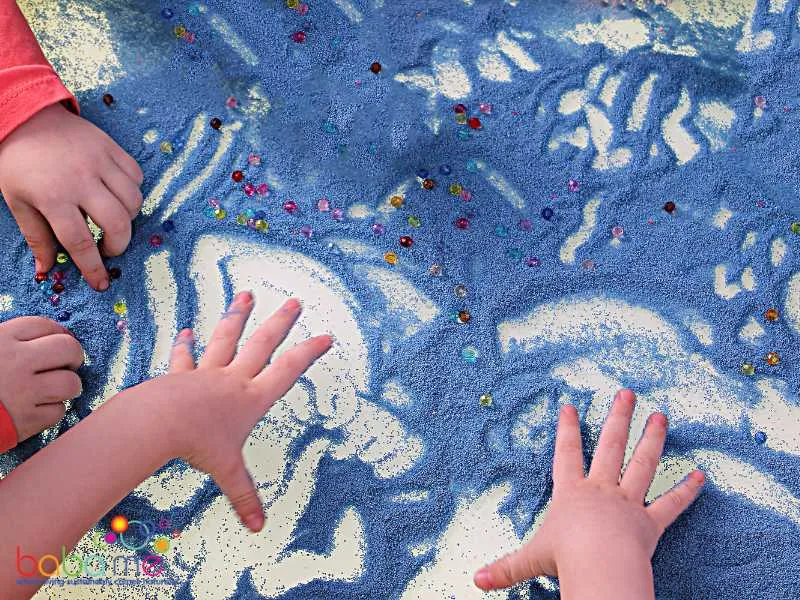
Developing Fine Motor Skills Through Play
Playing is an essential part of a toddler’s life, and it is also a great way to develop fine motor skills from a young age. By playing with different toys and objects, your child can improve their hand-eye coordination, finger dexterity, and grip strength.
Here are some play activities that can help your toddler develop their fine motor skills:
Block Play: Playing with blocks is an excellent way to develop hand-eye coordination and finger dexterity. Your toddler can stack the blocks, build towers, and knock them down, which helps to improve grip strength and hand control.
Beads: Stringing beads is a great way to develop hand-eye coordination and finger dexterity. Your toddler can thread the beads onto a string, creating patterns and designs, which helps to improve their fine motor skills.
Puzzles: Puzzles are a fun way to develop problem-solving skills and fine motor skills. Your toddler can manipulate the puzzle pieces, fitting them together to create a picture, which helps to improve hand-eye coordination and finger dexterity.
Crayons: Drawing and coloring with crayons is a great way to develop hand strength and control. Your toddler can practice holding the crayon and making different shapes and lines, which helps to improve their fine motor skills.
Play Dough: Playing with play dough is a fun way to develop hand strength and finger dexterity. Your toddler can roll, shape, and mold the play dough, which helps to improve their grip strength and hand control.
By incorporating these play activities into your toddler’s daily routine, you can help them develop their fine motor skills while having fun. Remember to provide a safe and supervised environment for your child to play in, and always choose age-appropriate toys and objects.
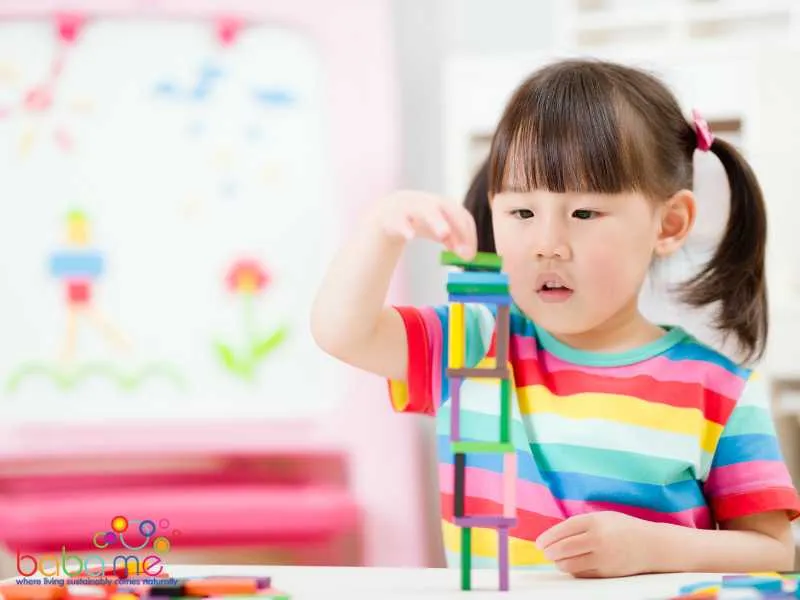
Recognizing Delays in Fine Motor Skills
As a parent, you play a crucial role in recognizing delays in your child’s fine motor skills. It’s important to keep track of your child’s development and identify any areas where they may be struggling. If you notice any of the following signs, it may be time to talk to your pediatrician about your concerns:
Difficulty holding a pencil, crayon, or other small objects
Struggles with buttoning or zipping clothing
Avoids tasks that require fine motor skills, such as drawing or coloring
Has trouble with hand-eye coordination, such as catching or throwing a ball
Difficulty with self-care tasks, such as brushing teeth or combing hair
If you notice any of these signs, it’s important to talk to your child’s pediatrician. They can help you determine if there is an underlying issue that needs to be addressed. Early intervention is key in helping your child develop the skills they need to succeed.
Your pediatrician may recommend an evaluation by an occupational therapist to assess your child’s fine motor skills. They can provide exercises and activities to help your child improve their skills and overcome any delays.
It’s important to remember that every child develops at their own pace, and some may take longer to develop fine motor skills than others. If you have concerns about your child’s development, it’s always better to address them sooner rather than later.
Encouraging Fine Motor Skills Development at Home
As a parent, you play a crucial role in helping your toddler develop their fine motor skills. Fortunately, there are many fun and easy activities you can do at home to encourage your child’s development.
Provide Opportunities to Practice
One of the best ways to help your child develop their fine motor skills is to provide them with plenty of opportunities to practice. Encourage your child to use their hands and fingers by providing them with toys and activities that require grasping, pinching, and manipulating objects.

Set the Table
Setting the table is a great way to help your child develop their fine motor skills. Have your child help you set the table by placing utensils, plates, and cups in their proper places. This activity requires your child to use their fingers and hands to grasp and manipulate objects, helping to develop their fine motor skills.
Play with Playdough
Playing with playdough is a fun and engaging way for your child to develop their fine motor skills. Encourage your child to roll, pinch, and shape the playdough into different shapes and objects. This activity helps to develop your child’s hand-eye coordination, as well as their ability to manipulate objects with their fingers and hands.
Draw and Color
Drawing and coloring are great activities for developing your child’s fine motor skills. Encourage your child to draw and color with different materials, such as crayons, markers, and pencils. This activity helps to develop your child’s hand-eye coordination, as well as their ability to manipulate objects with their fingers and hands.
Build Confidence
Encouraging your child to develop their fine motor skills can help to build their confidence and self-esteem. Praise your child for their efforts and accomplishments, and encourage them to keep practicing. As your child’s fine motor skills improve, they will feel more confident and capable, which will help them in all areas of their life.

